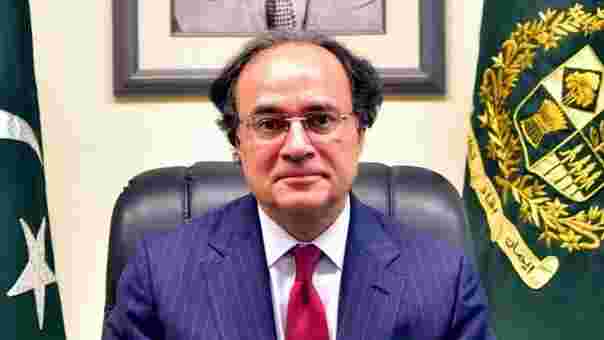Karachi, December 7, 2024 – Finance Minister Muhammad Aurangzeb announced on Saturday that workers’ remittances are projected to hit an all-time high of $35 billion in the fiscal year 2024-25, up from the $30.25 billion recorded in FY24.
Speaking after a meeting with the Overseas Investors Chamber of Commerce and Industry (OICCI), Aurangzeb expressed optimism about the country’s economic trajectory. “The economy is moving in the right direction. Investment inflows are robust, and existing investments are performing exceptionally well,” he stated.
The discussions with OICCI focused on key issues such as structural reforms, taxation policies, energy concerns, the privatization of state-owned enterprises (SOEs), and fostering collaboration with investors. Aurangzeb emphasized the government’s commitment to providing a stable policy framework, stressing that consistency in policies is crucial for sustainable economic growth.
The minister also urged the private sector to integrate export-oriented strategies into their investments, noting that Pakistan’s reliance on an import-led economy has exacerbated balance of payment challenges. He advocated for a shift to export-driven growth to achieve sustainable economic expansion, targeting growth rates of 4% to 6% annually. “Every entity must contribute to exports,” Aurangzeb asserted, highlighting global demand for “Made in Pakistan” products.
He also addressed the financial strain caused by SOEs, which have incurred losses of Rs 6 trillion over the past decade. Stressing the importance of political stability, Aurangzeb noted that daily sit-ins result in losses of Rs 190 million and called for collective efforts to ensure economic resilience. He reiterated the need for a unified approach, stating, “The Charter of Economy should transcend political divisions to create a stable Pakistan.”
On taxation, Aurangzeb revealed efforts to broaden the tax base, targeting sectors like real estate, agriculture, wholesalers, and retailers. He highlighted progress in curbing tax leakages through digitalization and collaboration with provincial governments to implement agricultural taxes.
Addressing inflation, he noted that the Economic Coordination Committee (ECC) had introduced measures to stabilize prices of essential commodities such as petroleum, pulses, and transportation. He emphasized activating Price Control Committees to monitor and prevent unwarranted price hikes.
Aurangzeb concluded by emphasizing the need for discipline and collective action to sustain economic growth and attract further investments while ensuring relief for the public through better price control mechanisms.
